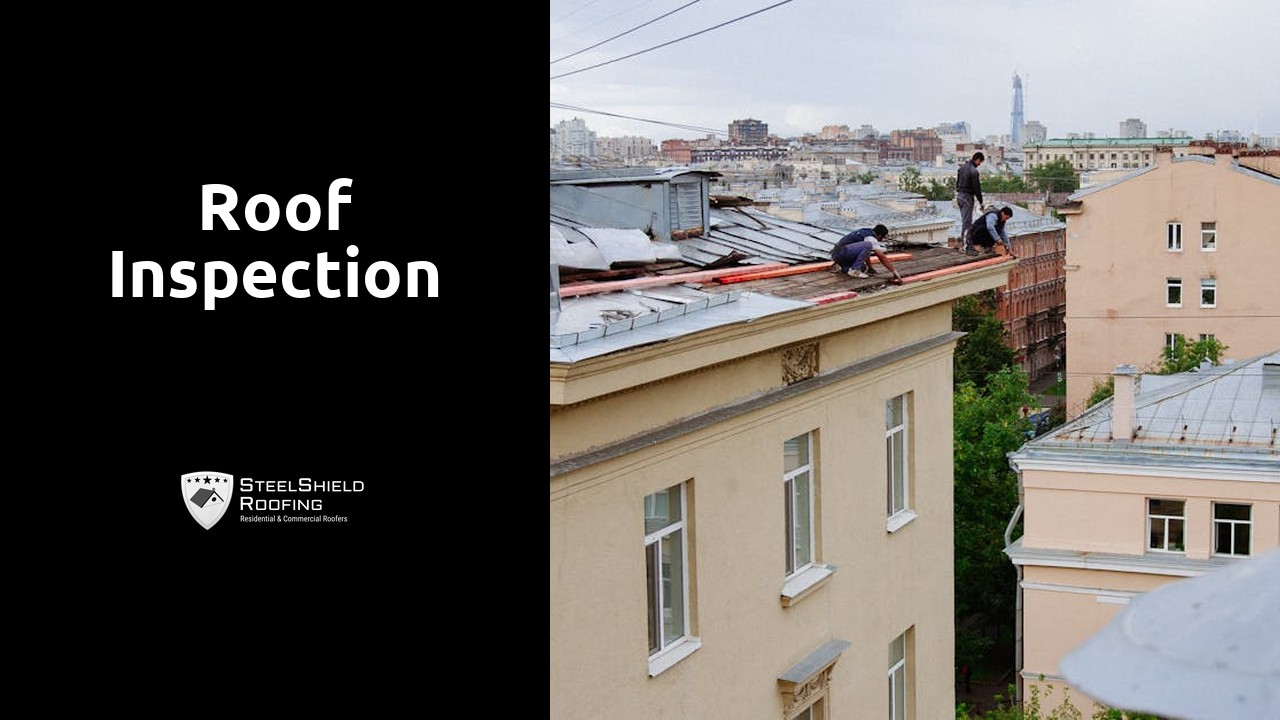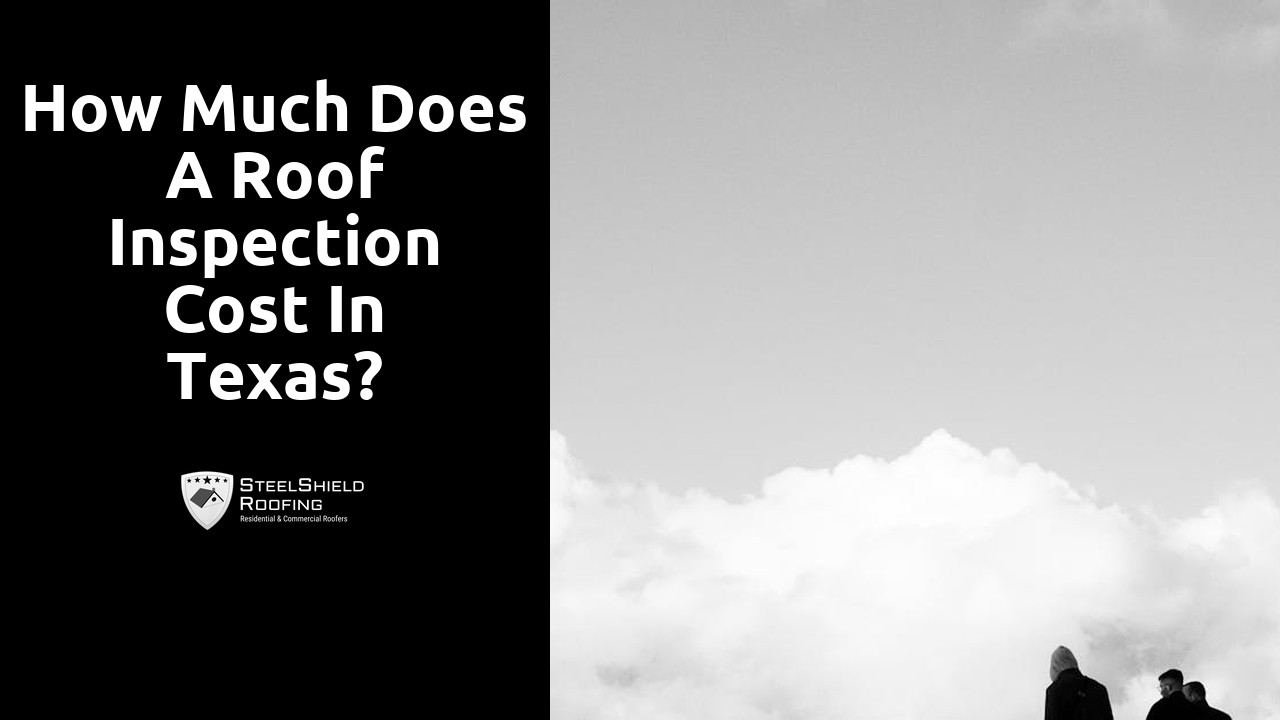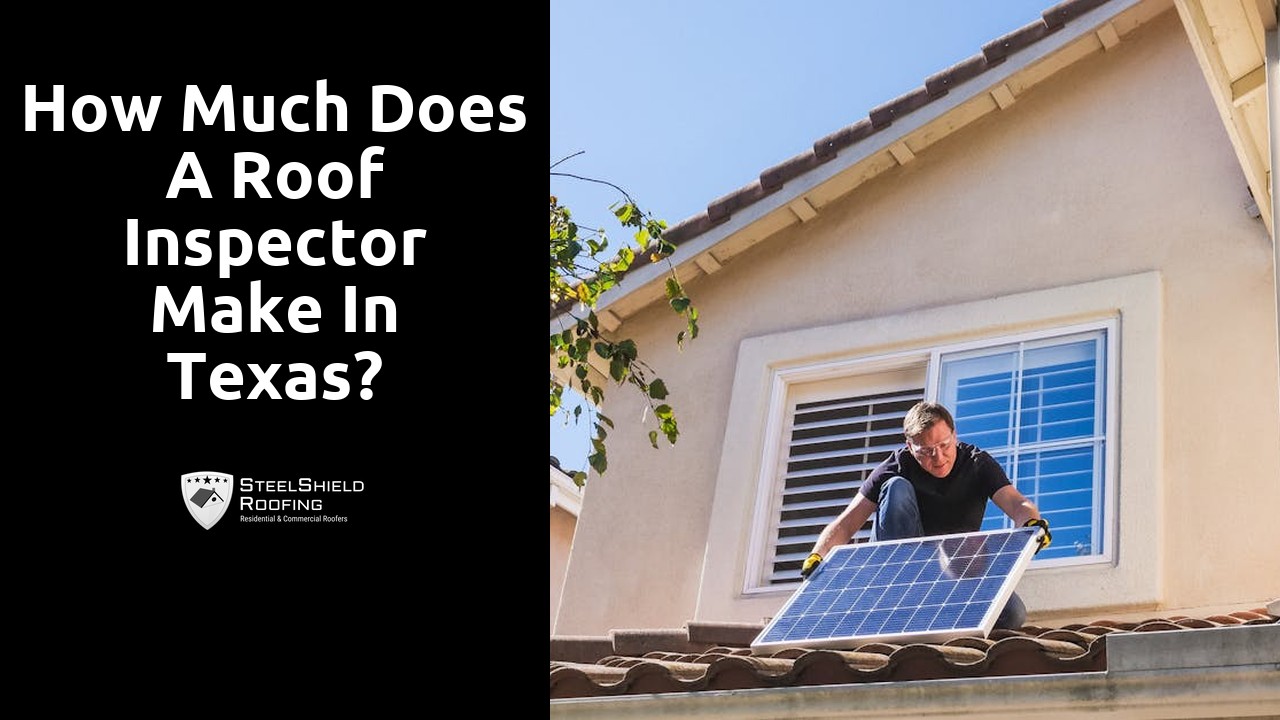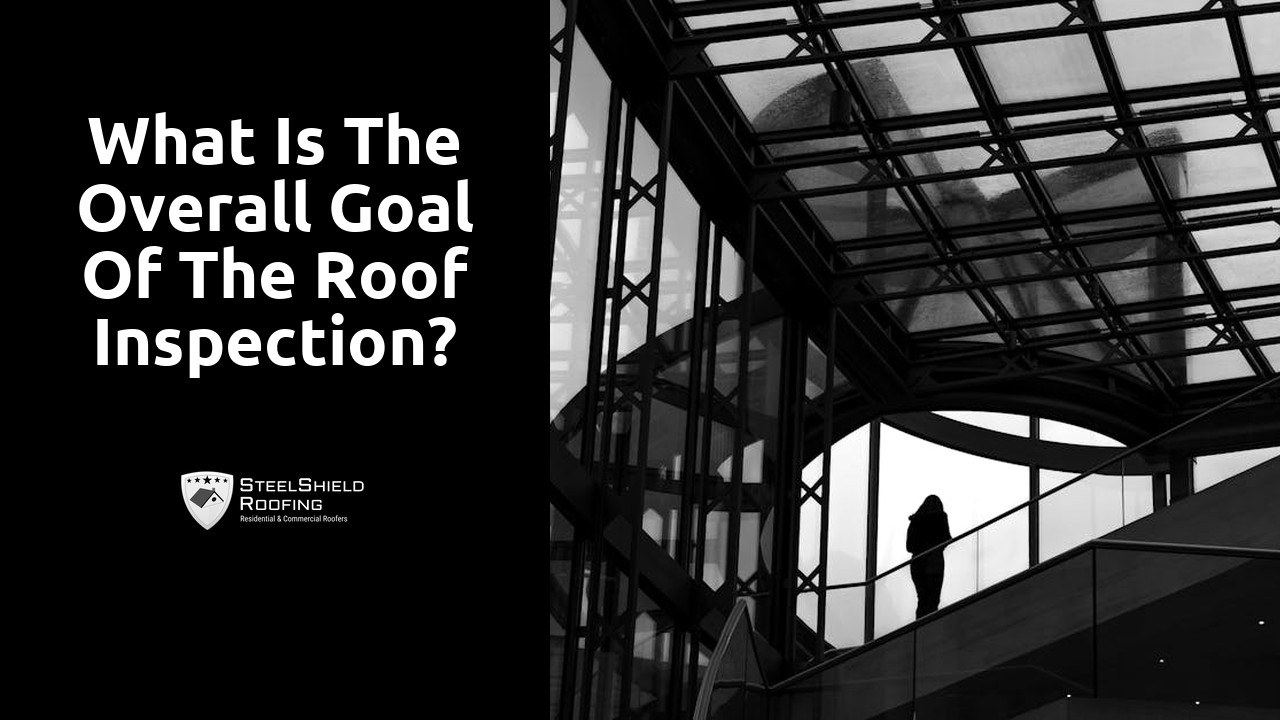
Roof inspection
Table Of Contents
SteelShield Roofing Houston offers comprehensive roof inspection services to ensure the safety and integrity of your roof. Our highly trained and experienced professionals thoroughly inspect all aspects of your roof, including shingles, flashings, gutters, and ventilation systems. With attention to detail and a commitment to quality, we identify any potential issues or damage that could lead to costly repairs or even replacement in the future. By conducting routine roof inspections, we help homeowners and businesses save time and money by addressing problems early on. Trust SteelShield Roofing Houston to provide reliable and thorough roof inspections to keep your property protected and secure.
Consequences of Neglecting Roof Inspections
Neglecting regular roof inspections can lead to serious consequences for homeowners. Without proper maintenance and timely inspections, minor issues can escalate into major problems over time. A neglected roof can result in leaks, water damage, mold growth, and structural issues which can compromise the safety and integrity of the entire property. By avoiding regular inspections, homeowners risk facing expensive repairs and potentially hazardous living conditions.
Furthermore, neglecting roof inspections can also impact the longevity of the roofing system. Weather exposure, debris buildup, and wear and tear can take a toll on the roof's materials over time. Without proper inspections to identify and address these issues promptly, the lifespan of the roof can be significantly shortened. Regular inspections are key to ensuring that the roof remains in good condition and can withstand the elements effectively.
Hop over here to discover more.
Costly Repairs Due to Undetected Issues
When roof inspections are neglected, the consequences can extend far beyond just the surface of the roof itself. One of the most significant repercussions of failing to detect issues early on is the likelihood of costly repairs down the line. What may start out as a small leak or minor damage can quickly escalate into a major problem if left unchecked. These undetected issues can infiltrate other parts of the structure, leading to even more extensive and expensive repairs.
The financial impact of disregarding the importance of regular roof inspections cannot be overstated. Ignoring small warning signs can result in significant damage that requires extensive repairs or even a full roof replacement. By staying proactive and addressing any issues promptly, property owners can save themselves from the burden of costly repairs that could have been prevented with regular inspection and maintenance.
Hiring a Qualified Roof Inspector
When it comes to hiring a qualified roof inspector, there are essential factors to consider to ensure the job is done meticulously. One key aspect to keep in mind is verifying the credentials and experience of the inspector. Checking if they are certified, licensed, and have relevant experience in conducting thorough roof inspections is crucial. It is advisable to request references and reviews from previous clients to gauge the quality of their work and professionalism.
Furthermore, understanding the roof inspection process is paramount in selecting the right inspector for the job. A reputable roof inspector should provide a detailed explanation of how they assess various components of the roof, such as flashing and ventilation. This will give you insight into their methodology and thoroughness in uncovering potential issues. By understanding the inspection process, you can better evaluate the inspector's knowledge and capability in identifying and addressing any problems with your roof.
Verifying Credentials and Experience
When looking to hire a qualified roof inspector, it is crucial to verify their credentials and experience. Start by confirming that the inspector holds the necessary licensing and certifications required for conducting roof inspections in your area. This step ensures that the individual has undergone appropriate training and possesses the knowledge needed to assess the condition of your roof accurately.
Experience is another key factor to consider when selecting a roof inspector. Look for professionals who have a proven track record in the industry and have conducted numerous successful inspections. An experienced roof inspector will be able to identify potential issues more effectively and provide you with valuable insights into the overall health of your roof. Prioritize working with individuals who have a solid background and a depth of experience in roof inspections for optimal results.
Understanding the Roof Inspection Process
When it comes to understanding the roof inspection process, it is crucial to emphasize the thoroughness and attention to detail that should be expected from a qualified inspector. The process begins with a visual examination of the exterior of the roof to identify any visible signs of damage or wear. This part of the inspection helps in assessing the overall condition of the roof and determining whether further investigation is necessary.
Following the exterior examination, the inspector will move on to inspecting the interior of the roof structure. This step involves looking for signs of water damage, such as water stains or mold growth, which can indicate leaks or inadequate ventilation. By examining both the exterior and interior components of the roof, a comprehensive assessment can be made to identify any existing issues and determine the necessary course of action.
Assessment of Flashing and Ventilation
When assessing the flashing and ventilation of a roof, it is crucial to thoroughly examine the condition of these components to ensure the overall integrity of the roofing system. Flashing acts as a protective barrier against water intrusion at vulnerable areas like roof intersections and valleys. It is essential to check for any signs of deterioration, such as rust or corrosion, that could lead to leaks and water damage inside the property.
Proper ventilation plays a key role in regulating the temperature and moisture levels in the attic, which can impact the lifespan of the roof and the overall energy efficiency of the building. During the inspection, the roof inspector should assess the ventilation system to ensure that it is functioning effectively and that there are no blockages or obstructions that could hinder proper airflow. Adequate ventilation helps prevent issues such as mold growth, wood rot, and shingle damage, ultimately extending the life of the roof.
FAQS
Why is roof inspection important?
Regular roof inspections are crucial to detect any potential issues early on and prevent costly repairs in the future.
How often should I get my roof inspected?
It is recommended to have your roof inspected at least once a year, preferably in the spring or fall, and after any severe weather events.
What are the consequences of neglecting roof inspections?
Neglecting roof inspections can lead to undetected issues such as leaks, mold growth, structural damage, and even compromised safety of the occupants.
How can I hire a qualified roof inspector?
When hiring a roof inspector, make sure to verify their credentials, experience, and reputation in the industry to ensure a thorough inspection of your roof.
What is involved in the roof inspection process?
The roof inspection process typically involves assessing the condition of shingles, flashing, ventilation, gutters, and identifying any signs of wear and tear or damage that may require repairs.


